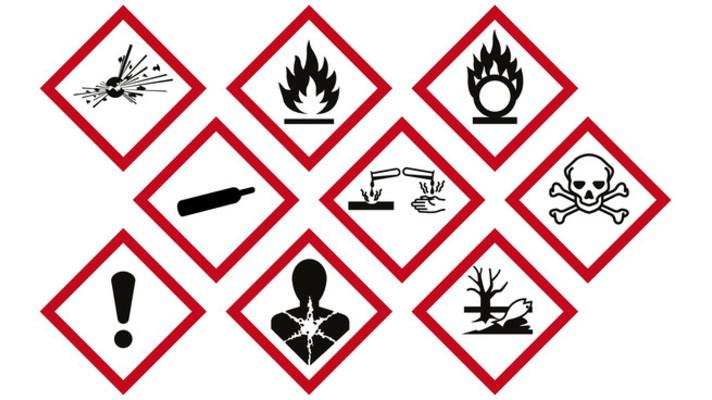LONDON - Eating too much seafood, which can contain high levels of the toxic substance mercury, could be linked to an increased risk of infertility in men and women, researchers said.
Mercury in fish may be linked to infertility-study
Scientists at The Chinese University of Hong Kong found that infertile couples who consumed large amounts of seafood had higher blood mercury concentrations than fertile couples.
\"Seafood contaminated with mercury is a possible source of excessive mercury exposure in our infertile population,\" said Dr Christine Choy, whose research is published in the British Journal of Obstetrics and Gynaecology.
Choy and her colleagues, who compared mercury levels in 157 infertile couples and 26 fertile couples, said contamination of the sea with heavy metals is common around Hong Kong.
Thirty-five percent of the men and 23 percent of the women in the infertile group had abnormally high concentrations of mercury in their blood.
Choy said exposure to environmental toxins including mercury has been implicated as a potential cause of infertility.
\"The positive correlation between quantity of seafood consumption and blood mercury concentrations suggests that higher seafood consumption may contribute to higher blood mercury concentrations,\" Choy said in the journal.
Infertility affects about one in six couples. Forty percent of infertility cases are linked to men and another 40 percent are due to female problems. In some cases the causes are not known or are caused by both male and female problems.
Hormonal disorders, damaged or blocked fallopian tubes and endometriosis, in which womb tissue invades and damages other reproductive tissue, are common causes of female infertility.
Low sperm count and poor sperm shape or swimming ability are the major problems in male infertility.
Mercury enters the environment naturally and through industrial pollution. Nearly all fish contain trace amounts of mercury but longer-living larger fish like sharks or swordfish accumulate the highest amounts of mercury and pose the greatest threat to people who eat them regularly.
The United Nations Environment Programme (UNEP) has called for cutbacks on the use of mercury, which has a wide range of uses such as in thermometers, dental fillings and batteries.
UNEP Executive Director Klaus Topfer has said mercury poisoning had to be tackled promptly because it was a serious hazard to life and the environment. It can cause permanent damage to the brain, nervous system and kidneys.
Choy said eating less seafood was one way to control the problem.
\"However, this should be balanced against the beneficial effects of other components of fish, such as those of 3-omega fatty acids and selenium,\" she added.
REUTERS NEWS SERVICE
Sdílet článek na sociálních sítích
